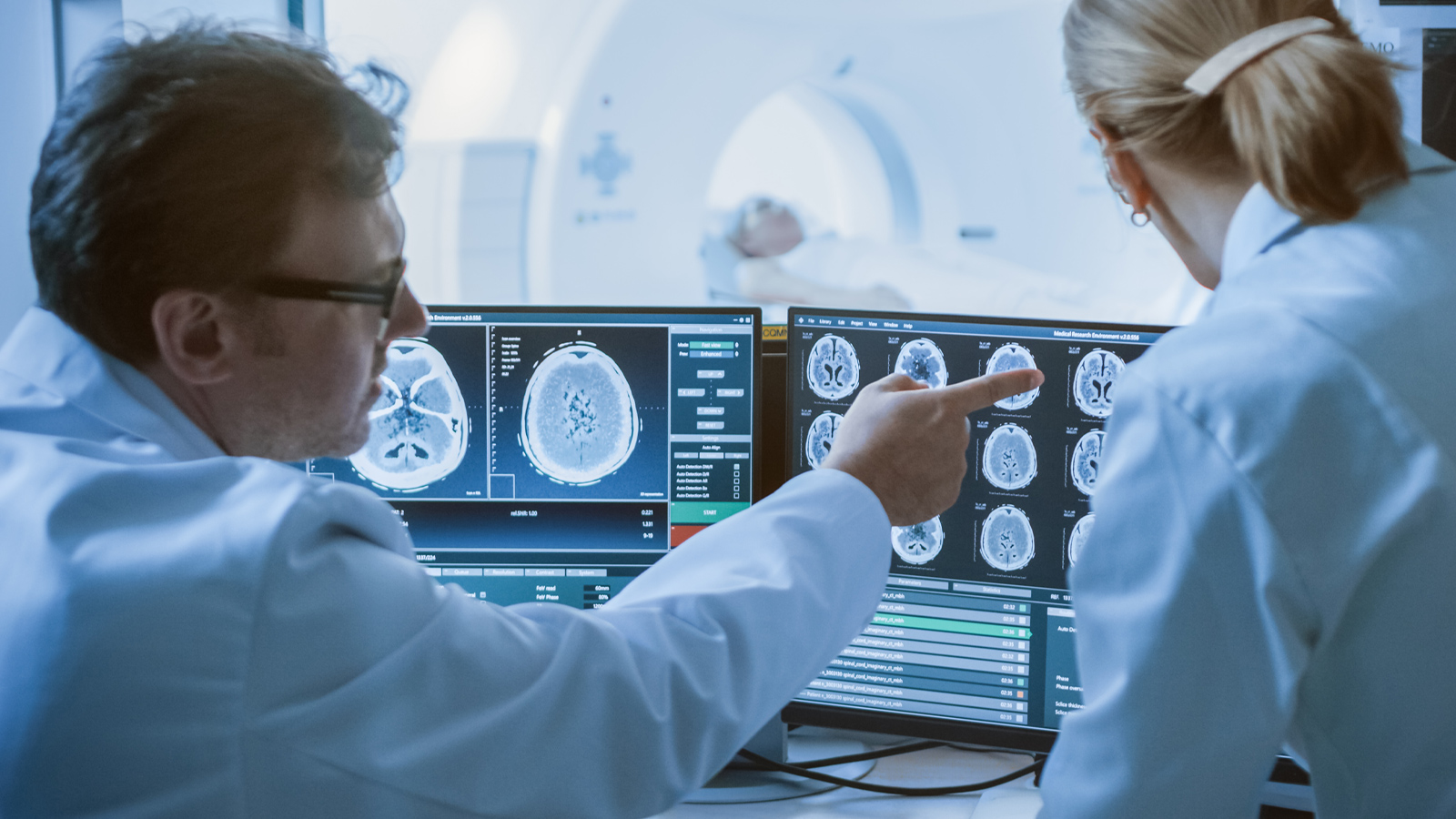NHS set for huge tech investment boost in latest spending review
The government spending review will fund the NHS App, the single patient record, the Federated Data Platform, and other initiatives


Yesterday's government spending review included a major investment in NHS technology, as part of a record £29 billion funding boost for the health service.
Rachel Reeves announced plans to spend up to £10 billion on technology and digital transformation in the NHS by 2028‑29 - up almost 50% on today's figure.
Overall, the government said, funding provided through the review will enable the NHS to deliver productivity growth of 2% each year, unlocking £17 billion in savings over three years.
All of these savings, it noted, will be reinvested back into the NHS to improve patient care.
"There’s no strong economy without a strong NHS," Reeves told the House of Commons. "We are investing £10 billion to bring our analogue health system into the digital age, including through the NHS app, so patients can manage their prescriptions, get their test results, and book appointments all in one place."
Cash will also go to the development of the single patient record, giving patients a unified view of their medical history and enabling two-way communication and active management of their healthcare, along with the continued adoption of the Federated Data Platform.
With the NHS notoriously reliant on legacy technology, the move has been welcomed by tech experts as a positive move toward driving productivity.
Sign up today and you will receive a free copy of our Future Focus 2025 report - the leading guidance on AI, cybersecurity and other IT challenges as per 700+ senior executives
"You can’t build a digital NHS on analogue infrastructure. The government knows this and understands it will only be able to drive long-term efficiency in the NHS through investments in technology to modernize healthcare," said Flann Horgan, head of the healthcare sector at NTT Data UK & Ireland.
"The ten-year plan for the NHS sets out a clear direction for this: move from analogue to digital, modernize infrastructure, and harness technology to deliver better care at lower cost. To get a return on the investment announced today, the government is looking to make digital the default across the NHS and not the exception."
NHS AI approach requires caution
The government is keen to exploit AI to improve efficiency across the board - and the NHS is no exception. However, the government needs to act with caution, warned Hogan.
"To get a return on the investment announced today, the government is looking to make digital the default across the NHS and not the exception. AI will be key to this, but it won’t be an easy feat to scale across the NHS without tackling siloed data and outdated systems," he said.
"At The Royal Marsden, we’ve seen this at work: AI tools being deployed to help radiologists diagnose and monitor cancer progression with greater accuracy and speed. This can be delivered, within real-world NHS constraints – when the right technical and clinical foundations are in place. Without these, AI risks becoming just another layer of complexity rather than a tool that genuinely improves care."
In last year’s Autumn Budget, Reeves pledged to invest more than £2 billion in NHS technology and digital initiatives.
However, there are questions over whether the money will be enough. Last month, research published by the Health Foundation charity concluded that digitizing NHS and adult social care services across the UK would require around £21 billion over the next five years.
MORE FROM ITPRO
- How is AI improving healthcare?
- NHS England launches cyber charter to shore up vendor security practices
- US healthcare data breaches are out of control
Emma Woollacott is a freelance journalist writing for publications including the BBC, Private Eye, Forbes, Raconteur and specialist technology titles.
-
 How Dragon Copilot is helping clinicians spend more time with their patients
How Dragon Copilot is helping clinicians spend more time with their patientsCase study The Dragon Copilot AI tool is offloading some of the administrative burden of clinicians at an NHS teaching hospital, improving productivity and allowing clinicians to focus on their patients
-
 Saving the NHS with tech: 5G healthcare and virtual wards
Saving the NHS with tech: 5G healthcare and virtual wardsCase study Can technology cure Britain’s ailing healthcare service? Our three-part series examines how technology can lift Britain’s healthcare system out of its current crisis
-
 Saving the NHS with tech: Making blood deliveries by drone
Saving the NHS with tech: Making blood deliveries by droneCase Study Can technology cure Britain’s ailing healthcare service? Our three-part series examines how technology can lift Britain’s healthcare system out of its current crisis
-
 Nvidia rolls out AI platform across NHS hospitals
Nvidia rolls out AI platform across NHS hospitalsNews The platform ensures that patient data never leaves the hospital trust when an AI algorithm analyses medical records
-
 Cambridge-1 and the future of medicine
Cambridge-1 and the future of medicineCase Studies Nvidia’s first public supercomputer could change healthcare in the UK and around the world
-
 NIH renews COVID research contract with Palantir
NIH renews COVID research contract with PalantirNews Palantir will create a cloud-based data enclave to support COVID-19 research collaborations
-
 Sensome’s AI-powered stroke guidewire begins human trials in Australia
Sensome’s AI-powered stroke guidewire begins human trials in AustraliaNews The trial adds to Sensome’s multicenter CLOT OUT study
-
 Yext’s Find-a-Doc streamlines finding a doctor with AI
Yext’s Find-a-Doc streamlines finding a doctor with AINews The platform provides smart suggestions to improve patients' pre-appointment experience


